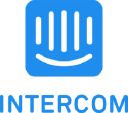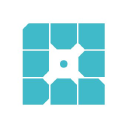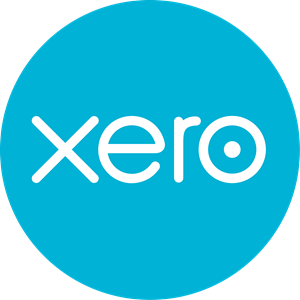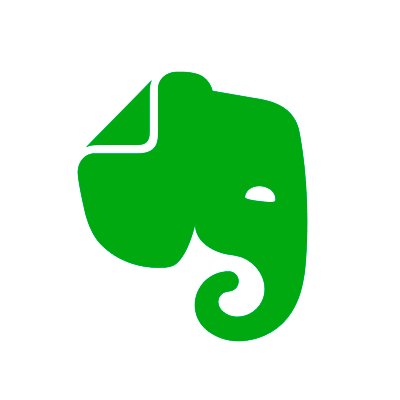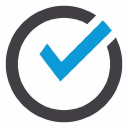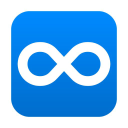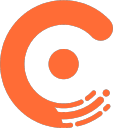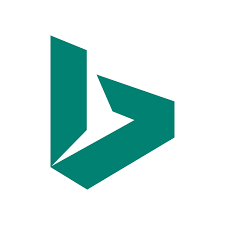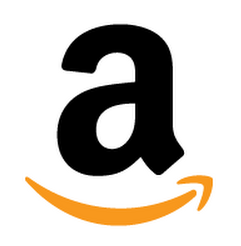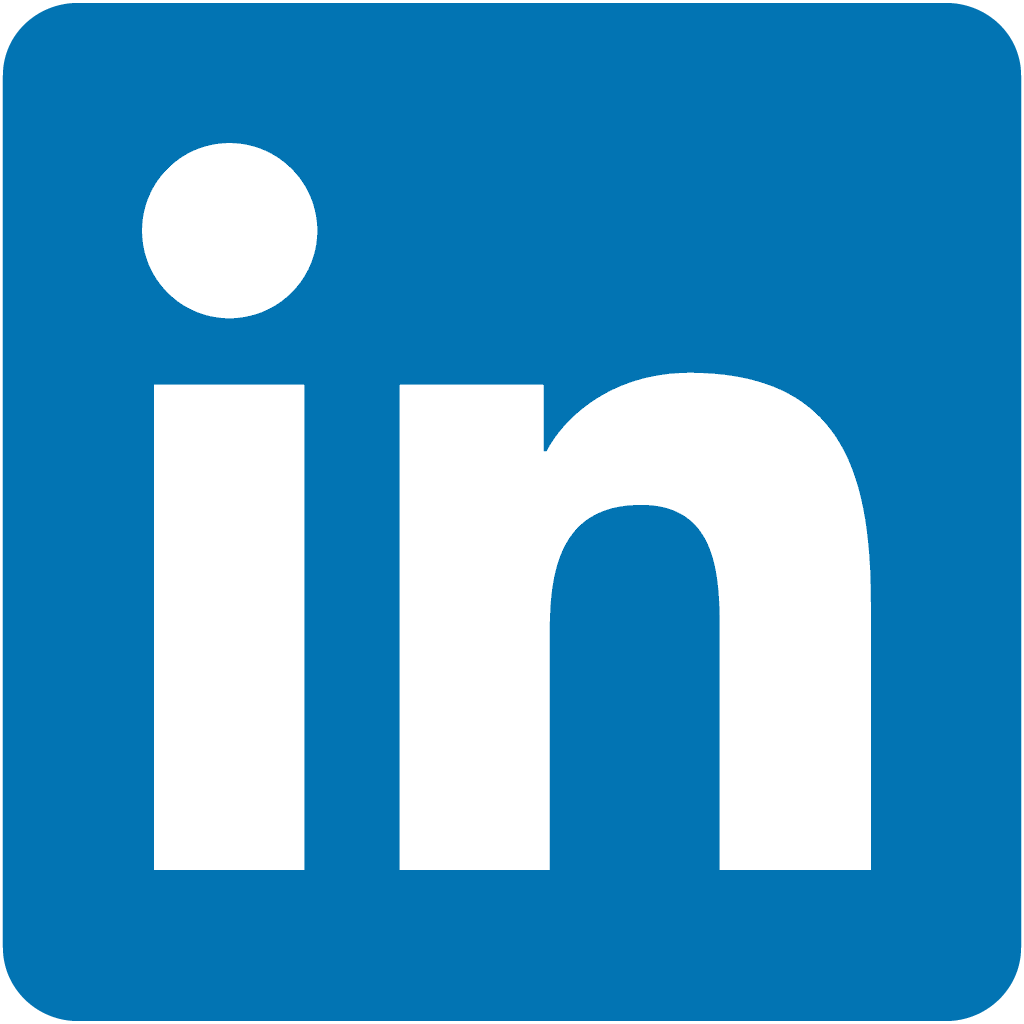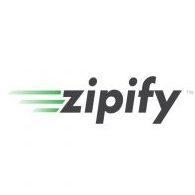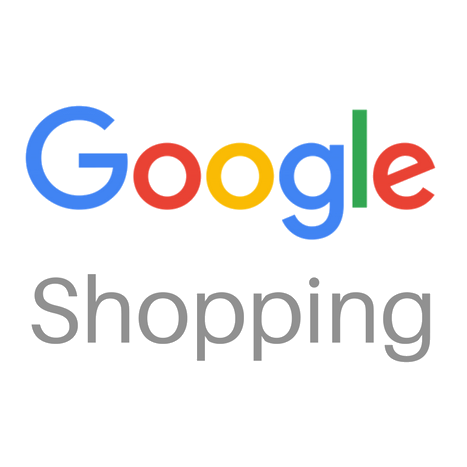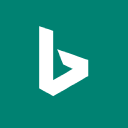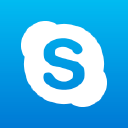How I Turned My Jobs on Upwork Into A Full Scale Marketing Agency
Hello! Who are you and what business did you start?
Hi! I’m Daryl and I run the show at Big Flare. We’re an online Pay-Per-Click (PPC) advertising agency that helps small to mid-sized e-commerce businesses to grow quickly, using paid traffic.
When I started this business my dream was to create a successful location-independent company that I could run from anywhere with an internet connection, and that’s exactly what I have built.
So it probably comes as no surprise then that my team is 100% location-independent, scattered across North America, Europe, and South-East Asia, and we all work from home or co-working spaces. Despite all this, we have a strong culture of teamwork and collaboration.
Our main service is Google Ads, where we spend over $3M per year on ads for our clients. Because we’re dedicated to helping our Ecommerce clients to grow using online advertising, we also build and manage ad campaigns across Facebook, Instagram, YouTube, and Bing. Basically, if there’s an online traffic source that can help Ecommerce stores to grow you can bet we have our eyes on it!



